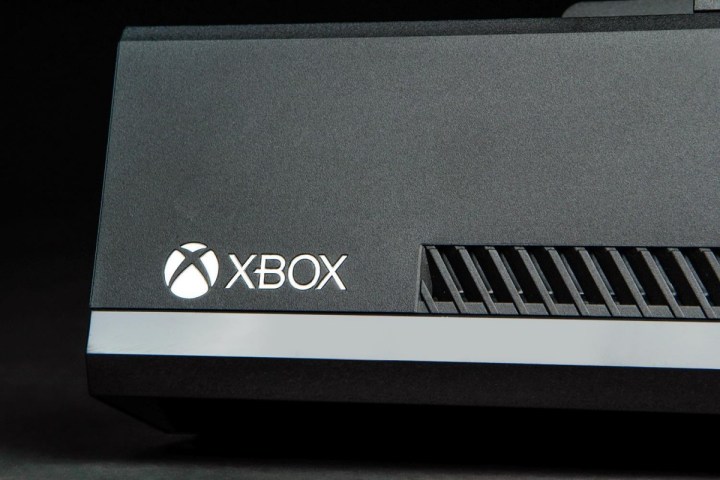
According to Microsoft’s updated Services Agreement, Xbox Live users must log in to the service once every five years in order to maintain an active account and keep existing gamertags. Those who fail to meet the newly updated requirements will have their accounts suspended, and related gamertags will be released back into the wild for others to claim.
“In the Microsoft Account or Skype Account section, we’ve added a requirement that you must sign into the Xbox Services at least once in a five-year period to keep the Xbox gamertag associated with your Microsoft account,” Microsoft’s updated terms read. “We’ve also added that if your account is compromised, we may be required to disable access to certain content.”
Microsoft announced in May that it had released “nearly one million” vacant gamertags that never made the jump from the original Xbox’s online infrastructure to the Xbox 360’s updated Xbox Live service. Affected users had their accounts wiped, and many sought-after gamertags featuring “proper names, pop culture references, and types of food” were put up for grabs.
While Microsoft previously gave players more than ten years to decide whether they wanted to transfer their derelict gamertags to an Xbox 360, Xbox Live accounts now face much stricter login requirements. Assuming you’ve played an Xbox game within the past five years, however, you’re probably in the clear.
In addition to its updated sign-in requirements, Microsoft also rolled out a host of minor service changes for Xbox Live users. The Xbox Live Code of Conduct now specifically prohibits the posting and distribution of “terrorist content,” and players using a work or school email address to log in to the service will now see a notice stating that separate terms based on employer or university standards may apply.
Terms addressing payments and foreign currency conversion have also been updated, and new sub-sections detailing Skype, group messaging, and OneDrive integration are now a part of the Xbox Live Services Agreement. If you’re concerned about your account status, it’s worth giving the updated Agreement a glance to see if you meet Microsoft’s new standards.


